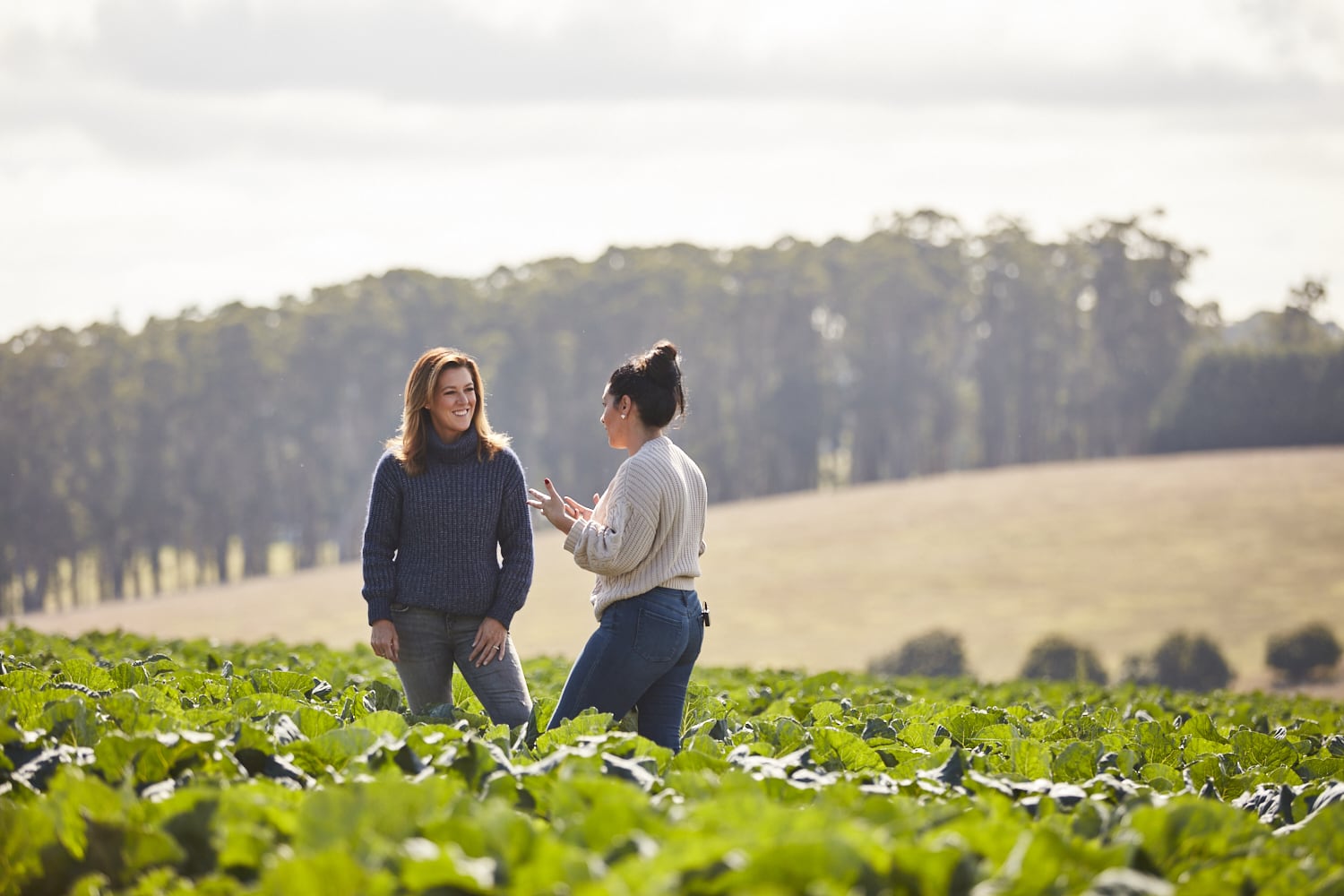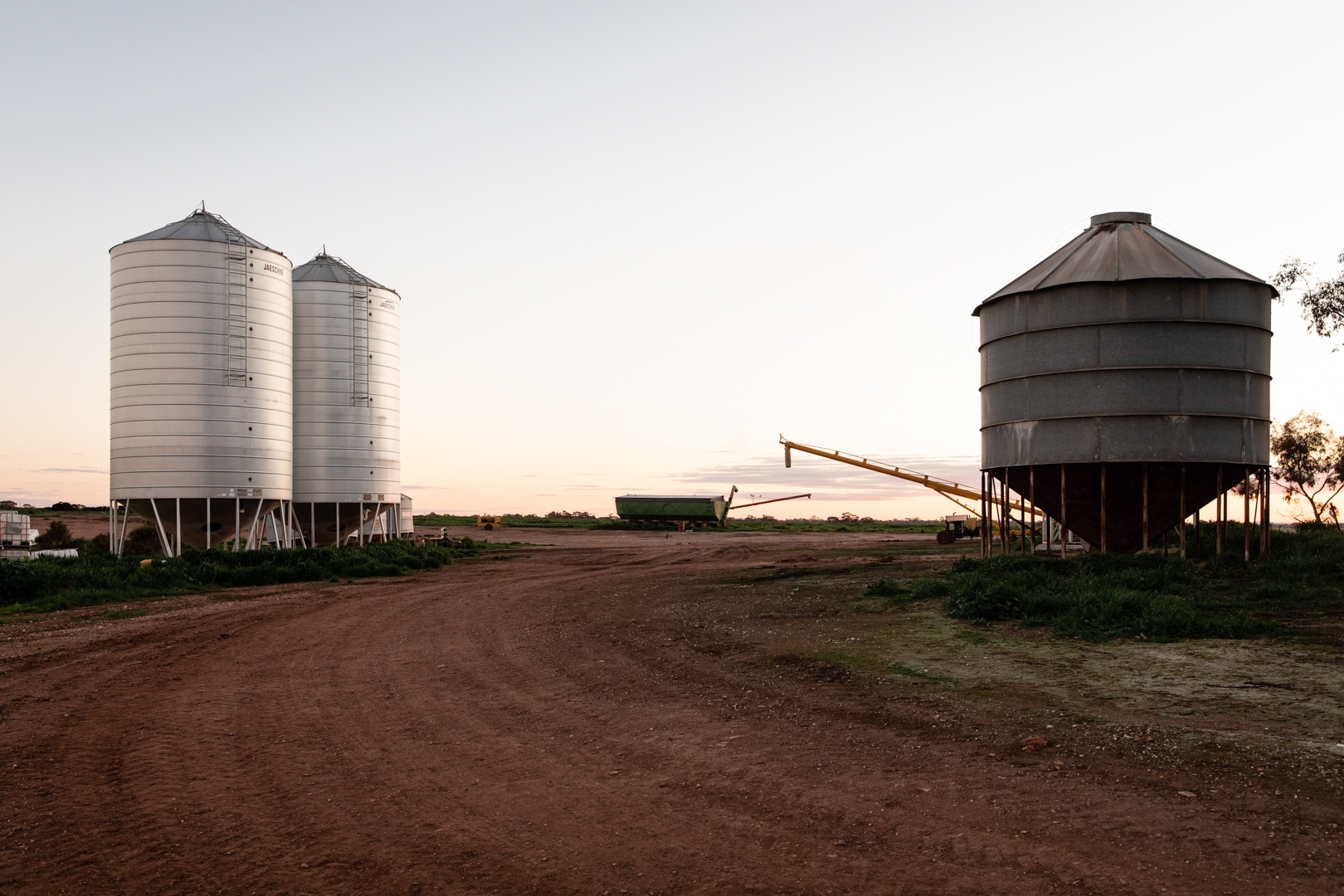Protecting our farming future
Advocacy Priorities 2023 - 2025
President’s Message
The VFF is changing the way we advocate on behalf of Victorian farmers and our regional communities.
In a complex political environment with hundreds of voices competing for the decision maker’s attention, it has never been more important to have a clear advocacy focus.
That’s why the VFF is transitioning away from taking a purely reactive stance to issues, to having a proactive one. With a renewed focus on setting our advocacy priorities well in advance we can ensure that we not only respond to the challenges that arise but also shape the future of farming in our state.
Our advocacy priorities for the next two years have been selected after thorough consideration of both the threats to our industry and the opportunities for success.
It is imperative that we confront these challenges head-on with a united front—not just as farmers, but as industry, government and community combined.
These six key priorities are the cornerstone of our efforts:
- Getting the transition to renewable energy right.
- Fixing regional roads.
- Maintaining animal health and welfare.
- Protecting biosecurity and sustainability
- Standing up for Victorian irrigation communities.
- Making every farm safer.
We will collaborate with government and other stakeholders, engage in robust policy discussions, and leverage our collective strength to achieve our goals.
Together, we will chart a path forward that not only protects our farming future but also empowers it to flourish.


